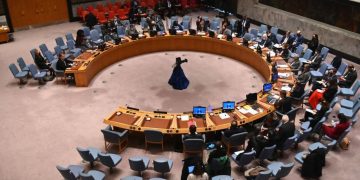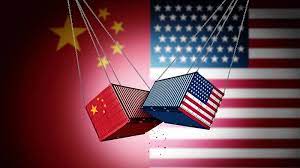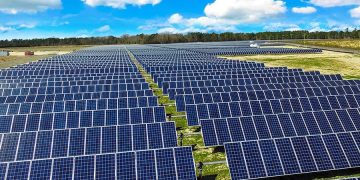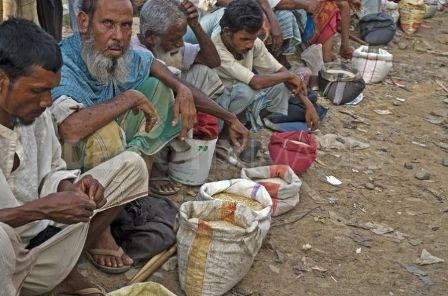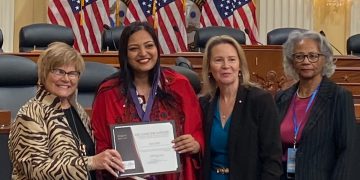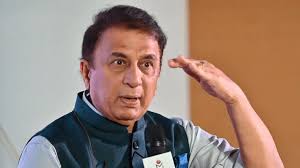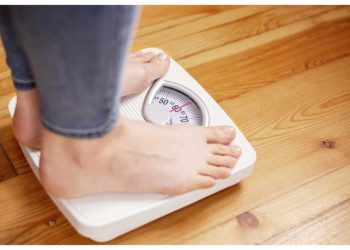More than 2.1 billion people across the globe do not have access to safe drinking water, according to a UN report released on Tuesday.
The UN report revealed that last year, one in every four people worldwide did not have access to safely managed drinking water, while over 100 million relied on rivers, ponds, and streams to meet their daily needs.
The World Health Organization (WHO) and UNICEF noted that billions are falling ill due to inadequate water, sanitation, and hygiene services.
The report stresses the urgent global need to address this crisis, but warns that the outlook for achieving universal access by 2030 remains bleak.
“Water and sanitation are basic human rights, not privileges,” said WHO’s Head of Environment, Rüdiger Krech.
The UN report categorizes drinking water into five types: piped water free from contamination and chemicals; basic water, available within a 30-minute walk; limited water, requiring more time to access; unimproved sources, such as contaminated wells or springs; and surface water from rivers or lakes. Since 2015, around 961 million people have gained access to clean drinking water, raising global coverage from 68% to 74%.

